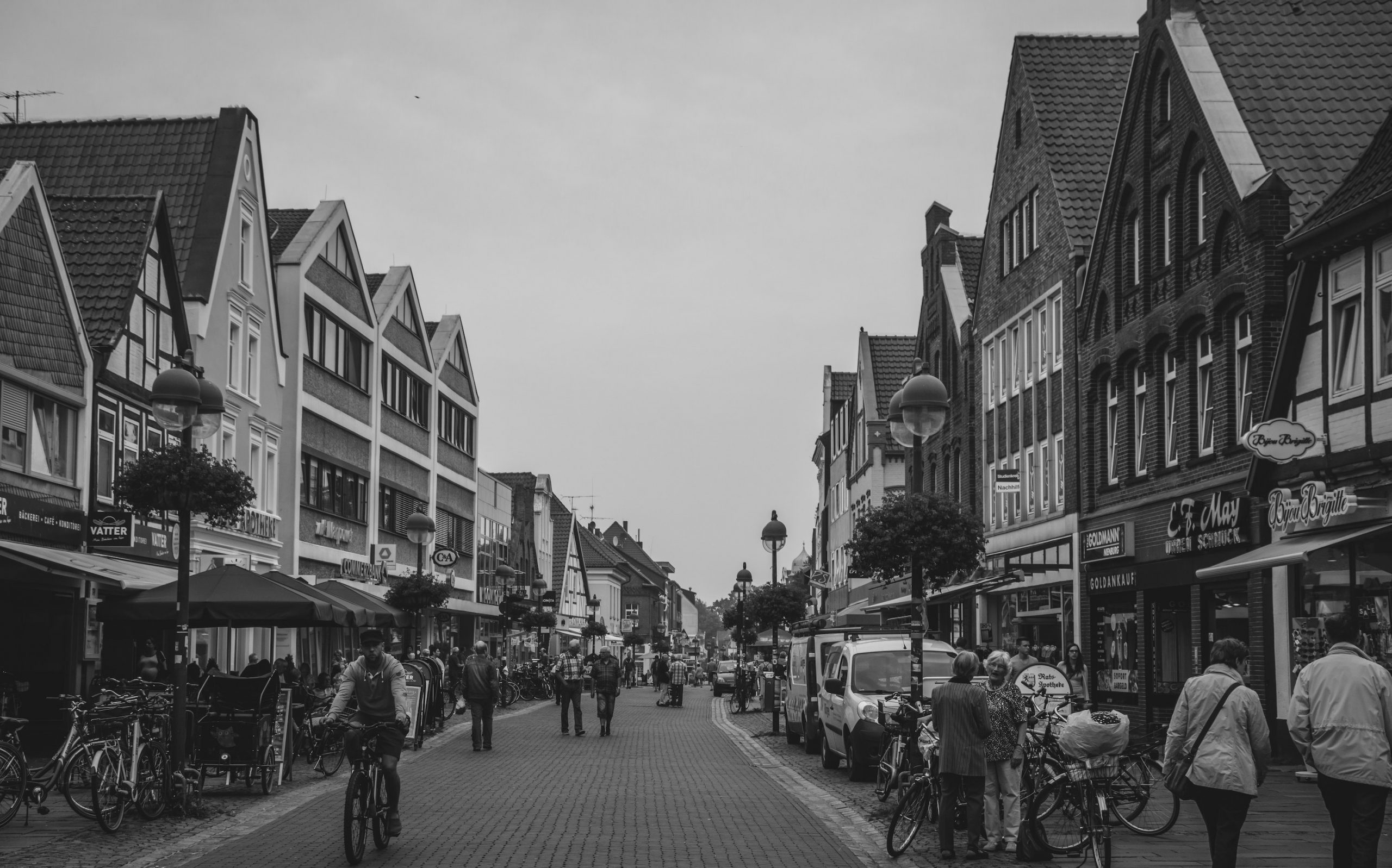More news of Britain’s declining high street, with a Northumbria University study suggesting more than a quarter of Britain’s retail space has been abandoned since the 2008 financial crash.
There are a few reasons for this change, not all of them especially negative. First there’s the post-crash economic downturn, with its commensurate hit on disposable income and consumption. That we can certainly file under unequivocally bad news.
But while the crisis may have accelerated the demise of some shops – the likes of Woolworth’s spring to mind – it was likely more of a catalyst for the well-documented shift to shopping online. Indeed, for a retailer starting life in 2018, it is far from a given that they would need or want physical premises to hawk their wares.
Along with innovative ways of doing business and not needing physical premises, the likes of Amazon gain a big advantage thanks to the pernicious system of business rates, which online retailers are not subject to.
It’s this inequity that has led Sports Direct boss Mike Ashley, a man vying with Philip Green for the role of Britain’s least loved retail mogul, to suggest levelling the playing field. Appearing before MPs yesterday, Ashley grimly declared that the “mainstream high streets as we think about [them] today… are already dead”. His solution, if that’s the right word, is to levy a 20% tax on online sales. It’s nothing if not magnanimous, given his own company does some £400m of online sales.
Ashley’s preferred policy fix may be shared by many retailers, but he gets things the wrong way round. After all, taxes on sales will ultimately wind up as higher prices, with the extra load born not by the big bad companies, but by the little person paying more. Given that many people shop online as much for convenience as price, such a tax might not even change behaviour that much.
Rather than levying yet more taxes, both ministers and local councils should be looking at reducing the business rates that so hamper traditional shops.
Part of the problem is that rates are levied by councils and are one of the few ways they have of raising their own revenue. In that sense, the problems of the high street are intimately connected to a much broader problem of overcentralisation (just 5% of tax is raised locally in England).
While reforming the entire structure of British government may, to put it mildly, take some time, there are some simpler fixes that would make life easier for business owners. First, as Philip Salter set out on CapX earlier this year, rates should be based on the underlying value of land, rather than on the value of the premises itself, which discourages owners from investing in new equipment and refurbishments.
At the same time, we should acknowledge that the demise of the high street need not be a wholly negative phenomenon. There’s a decent pro-consumer argument that bigger firms are more efficient, offer lower prices and often higher quality goods. They are also more likely to be responsive to consumer activism, given how fragile a brand’s reputation can be in the social media era. More specialist shops, and those that offer a genuinely premium product, will always have a place and should continue to do so, be it in physical form or online.
And while no one should cheer small businesses going under, nor celebrate rows of boarded up shops, policymakers would be much better off thinking creatively about how to use some of that vacated space, rather than coming up with schemes to artificially sustain shops that are not commercially viable.
As we have argued before, there’s plenty of scope to turn former retail premises into homes. Ironically, making town centres more residential would itself help revive the business climate, with new shops, cafes and other amenities sure to open to provide for a new influx of people. With that in mind, it was gratifying to hear Philip Hammond’s Budget announcement that “change of use” rules would be liberalised, removing a bureaucratic hurdle to turning former shops into houses or flats.
Underlying that rule change was a simple truth – fewer physical shops has become a fact of modern life. While there’s a strong case for lowering business taxes for traditional retailers, any attempt by politicians to unduly punish online retailers will only end up hitting ordinary people in the pocket.
Originally published on CAPX.








